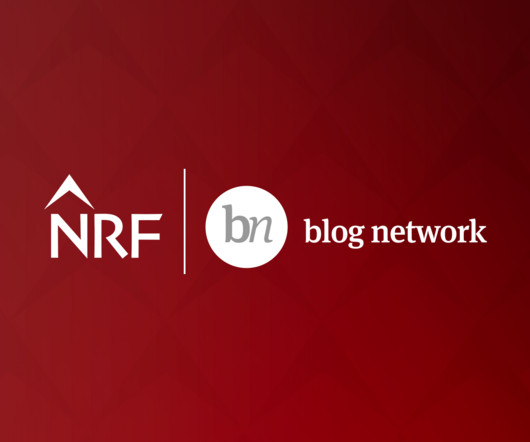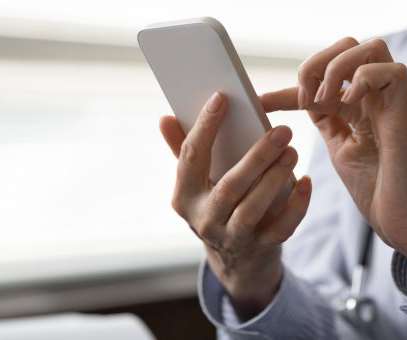Considerations for Mobile Health Technology Developers: Part 1
pharmaphorum
SEPTEMBER 29, 2022
The FDA’s General Approach to Regulating mHealth Products. Food and Drug Administration (FDA) regulation as a medical device. Determining whether a product is a medical device subject to FDA regulation necessarily begins with understanding the FDA regulatory definition of ‘medical device’. not a medical device, ii.















Let's personalize your content